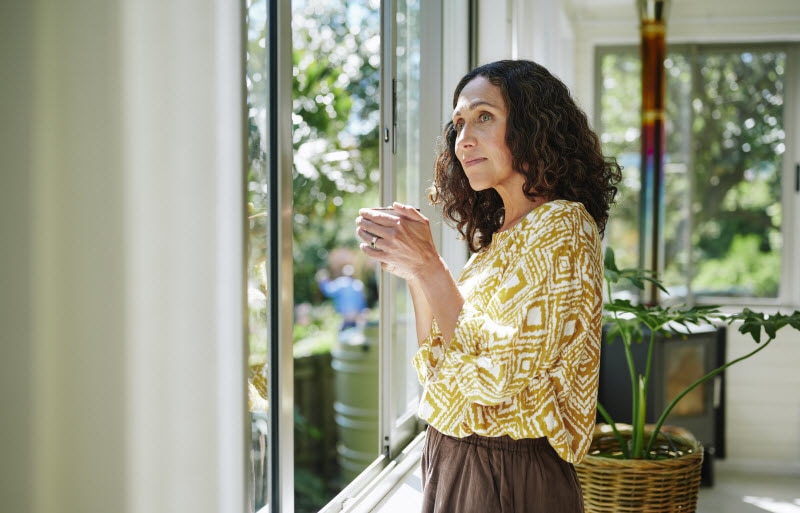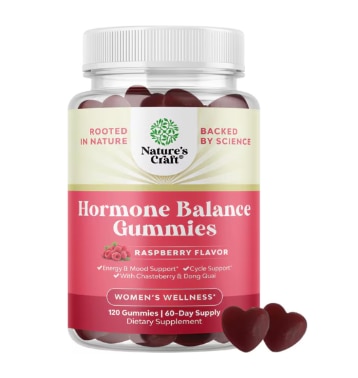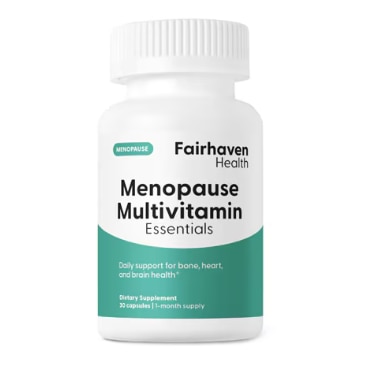With breast cancer being the most commonly diagnosed cancer in the world for women, some people may think that there is some connection between breast cancer and menopause, since all women who menstruate go through menopause.
Menopause is the stage in a woman’s life when her menstrual cycle and reproductive period end. Officially, menopause starts after a woman has gone 12 months without having her period. As mentioned above, all women who menstruate go through menopause, and breast cancer is the most commonly diagnosed cancer in women, but only 13% of women receive a breast cancer diagnosis.
Another reason people may think there is a connection between menopause and breast cancer is that they both occur in middle-aged and older women. About 80% of breast cancers are diagnosed in women aged 50 and over. And, about 90% of women have gone through menopause by the time they are 55, with the average age in the US being 52.
However, going through menopause does not increase your risk of developing breast cancer even though they happen at about the same life stage. But there are some associations and essential things to know about the former to help you reduce your risk of the latter. Here are five things you should know about menopause and breast cancer.
5 breast cancer and menopause facts to know
1. Late menopause and early menstruation are associated with an increased breast cancer risk
While you can’t modify your age when you start menstruating or stop menstruating, knowing that starting your period before age 12 or experiencing menopause after 55 is associated with an increased risk of breast cancer can help you make informed health decisions.
Experts attribute this increased risk to increased exposure to estrogen, which is a hormone released during menstruation. Higher lifetime estrogen exposure has been associated with breast cancer risk.
According to a pooled analysis study that looked at the results of 117 studies, every year older a woman was when she started going through menopause, her breast cancer risk increased by about 3%.
2. Hormone therapy for menopause symptoms may increase breast cancer risk
About 75% of women experience hot flashes during menopause. Hot flashes and night sweats can severely impact your quality of life, affecting sleep, mood and temperature regulation. Hormone therapy is the gold standard for managing hot flashes.
Women who have had a hysterectomy are usually prescribed estrogen-only therapy, which may lower breast cancer risk, to manage menopause symptoms. For the majority of women who have a uterus, doctors recommend a combination of estrogen and progesterone (to protect the uterus). Taking the lowest effective dose of HT closer to the start of menopause for five years or less has a lower risk profile than women taking hormones for a more extended time period. Additionally, topical hormonal creams and gels used for vaginal symptoms are not absorbed into your system and don’t increase cancer risk.
Studies show that longer HT use at an older age can increase the risk. It’s important to discuss the pros and cons of using HT with a menopause professional who can take into account your symptoms, health, family history, age, and lifestyle. HT is not recommended for women with a history of breast cancer.
3. Women going through breast cancer treatment may experience early menopause with more intense symptoms
If you have breast cancer or any type of cancer and undergo chemotherapy, you may experience early menopause. Chemotherapy targets problematic cells, and ovaries may be in the line of attack.
With natural menopause, the process evolves over several years. With breast cancer treatment, the decline in estrogen is more sudden and, in younger patients who have higher levels of estrogen, more dramatic. This sudden and dramatic start of menopause leads to more intense symptoms such as hot flashes.
4. You can manage menopause symptoms with non-hormonal treatments that are not associated with breast cancer risk
For those who can’t take HT because of a history or family history of breast cancer, or prefer not to, there are other options to manage menopause symptoms. For starters, lifestyle modifications such as eating healthy, avoiding spicy foods, exercising regularly, reducing alcohol intake, losing weight, and quitting smoking can help. Additionally, cognitive-behavioral therapy, mindfulness practice, and topical estrogen can help with certain symptoms. Lastly, some antidepressants can not only help with mood issues but also with hot flashes.
5. Being overweight after menopause increases your breast cancer risk
Once your ovaries stop making estrogen, your body gets its hormones from adipose tissue, or body fat. The more body fat you have, the higher the estrogen production, which is linked to breast cancer risk. In fact, one study shows a 30% higher risk of breast cancer in postmenopausal women with obesity compared to women who were not obese.
Fortunately, unlike age and family history, you can make lifestyle changes that can help reduce your weight and subsequently your risk of breast cancer.
While you can’t prevent breast cancer – before or after menopause — there are ways you can reduce your risk of developing it. These include maintaining a healthy body weight, exercising regularly, eating a healthy diet, and limiting alcohol intake. Additionally, getting regular mammograms can help detect cancer early when treatment is more effective.




